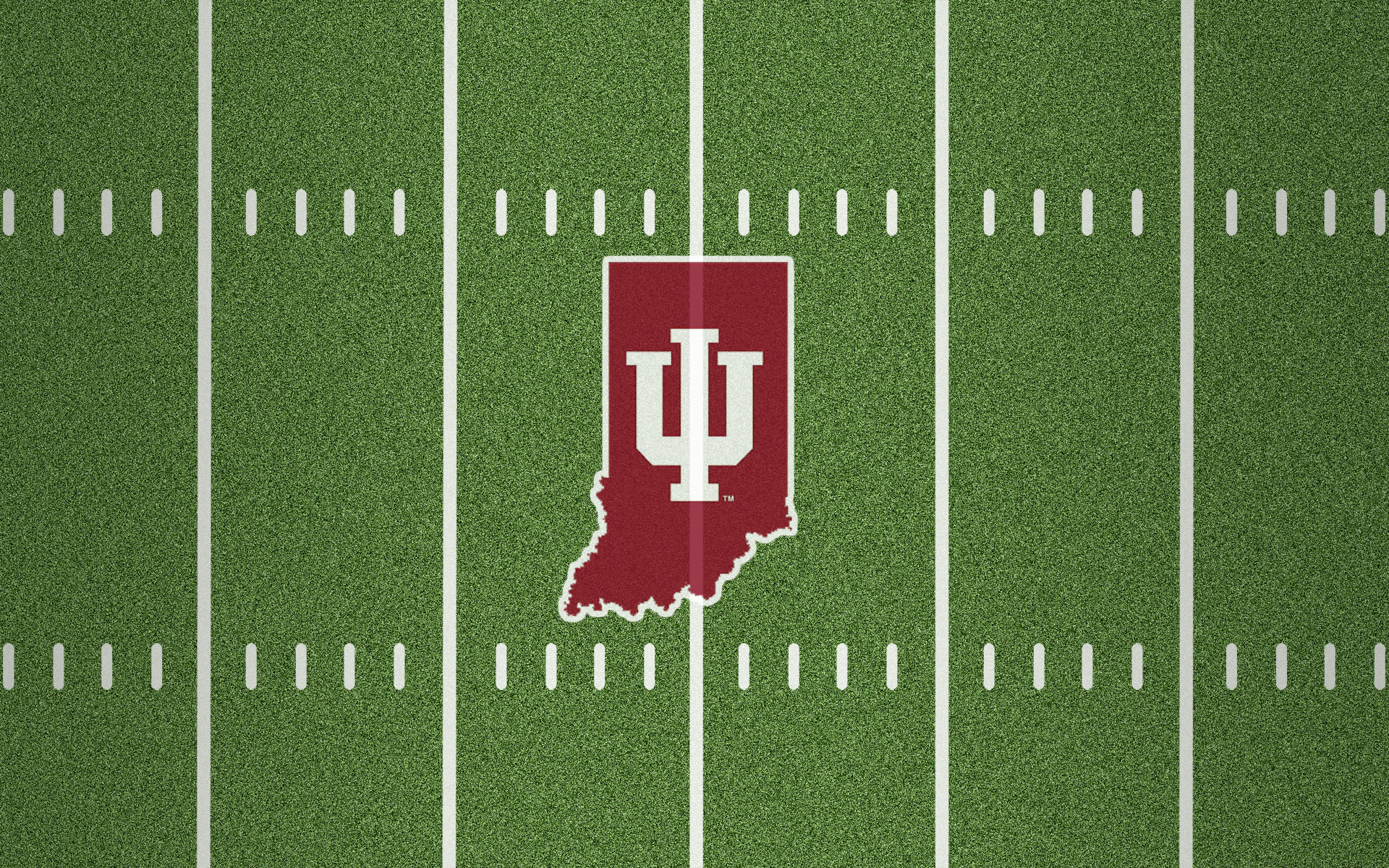NCAA Bans Satellite Camps
/Written by: TJ Inman (@TJHoosierHuddle)
The NCAA has banned satellite camps, effective immediately. A ruling on Friday by the Division I Council now requires FBS programs to conduct all clinics at school facilities or facilities regularly used for practice or competition.
"These new rules, unanimously accepted by the Council members, will draw much brighter lines for the Division I membership in the area of academic integrity," Council chair James J. Phillips, vice president and director of athletics at Northwestern University said. "The end result is greater accountability that begins with the school and involves the NCAA only in specific cases."
The move comes after increasing calls for regulation from SEC and ACC fans and coaches alike following Michigan's recent trip to Florida during Spring Break. Multiple B1G schools, particularly Michigan and Ohio State, have recently hosted camps in the rich fertile recruiting grounds in Florida and other Southern states in an attempt to increase the profile of their program in the talent-rich areas. This ruling could be seen as a victory for programs in the SEC and ACC and a bit of a blow to the likes of Michigan, Ohio State and others. The move likely has no impact on the Indiana Hoosiers who had yet to wade into the waters of satellite camps and had no plans to do so in the immediate future.
Per the press release from the NCAA:
"The proposal was designed by the Division I Committee on Academics, based on work started more than two years ago by two former Division I committees, the Committee on Academic Performance and the Academic Cabinet. Roderick J. McDavis, Committee on Academics chair and president at Ohio University, said he was pleased the collective effort will result in more clarity for the students and staff in Division I.
This legislation is the result of significant collaboration between the Division I Committee on Academics, the Committee on Infractions, the Division I Council, the Division IA Athletics Directors, the National Association of Academic Advisors for Athletics and the membership overall,” McDavis said. “The new rules are based on a set of core principles we value in intercollegiate athletics.”



